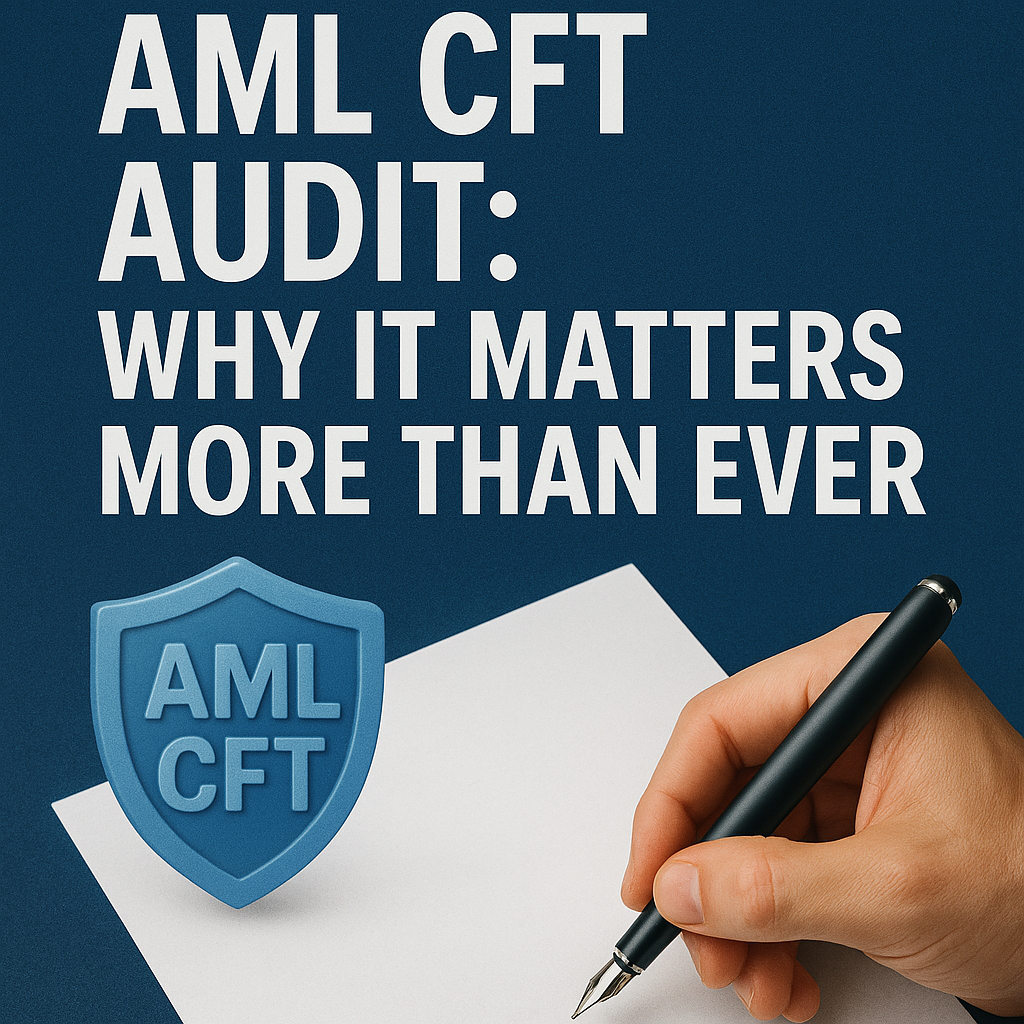Overview
Introduction
Fractional CFOs, also known as part-time or outsourced CFOs, are financial professionals who provide their services to businesses on a part-time or project basis. They work closely with business owners and management teams to provide strategic financial guidance and support. Fractional CFOs are typically hired by small and medium-sized businesses that may not have the resources or need for a full-time CFO.
Fractional CFOs work by assessing the financial needs of a business and providing tailored solutions to help achieve its goals. They analyze financial data, develop financial strategies, and implement financial controls to ensure the business operates efficiently and effectively.
Fractional CFOs also provide ongoing support and guidance, helping businesses navigate financial challenges and make informed decisions.
The Benefits of Hiring a Fractional CFO for Your Business
1. Cost-effective solution: One of the main benefits of hiring a fractional CFO is cost savings. Compared to hiring a full-time CFO, who may require a high salary and benefits package, a fractional CFO offers a more affordable option. Businesses can save money by paying for only the services they need, whether it’s on an hourly basis or for specific projects.
2. Access to expertise: Fractional CFOs bring a wealth of experience and expertise to the table. They have worked with various businesses across different industries, giving them a broad understanding of financial best practices and strategies. By hiring a fractional CFO, businesses gain access to this expertise without having to invest in extensive training or hiring additional staff.
3. Flexibility: Fractional CFOs offer flexibility in terms of time commitment and scope of work. They can be hired on a part-time basis, allowing businesses to scale their financial support as needed. Fractional CFOs can also focus on specific areas of finance, such as budgeting or cash flow management, depending on the needs of the business.
How Fractional CFOs Can Help Small Businesses Save Money
1. Identifying cost-saving opportunities: Fractional CFOs have a keen eye for identifying cost-saving opportunities within a business. They analyze financial data and processes to identify areas where expenses can be reduced or eliminated. This could include renegotiating contracts with suppliers, streamlining operations, or implementing cost control measures.
2. Implementing financial controls: Fractional CFOs help small businesses implement financial controls to ensure that resources are being used efficiently and effectively. They establish processes and procedures to monitor and control spending, reduce waste, and prevent fraud. By implementing these controls, businesses can save money and improve their overall financial health.
3. Maximizing profitability: Fractional CFOs work closely with business owners to develop strategies for maximizing profitability. They analyze financial data to identify areas where revenue can be increased or costs can be reduced. Fractional CFOs also help businesses develop pricing strategies, optimize product mix, and identify new revenue streams. By focusing on profitability, businesses can improve their bottom line and save money in the long run.
Fractional CFOs vs. Traditional CFOs: Which Is Right for Your Business?
1. Differences between the two: The main difference between fractional CFOs and traditional CFOs is the level of commitment and cost. Traditional CFOs are full-time employees who are dedicated solely to one business. They typically require a higher salary and benefits package compared to fractional CFOs. On the other hand, fractional CFOs work on a part-time or project basis, allowing businesses to pay for only the services they need.
2. Factors to consider when choosing: When deciding between a fractional CFO and a traditional CFO, there are several factors to consider. Firstly, consider the size and complexity of your business. If you have a small or medium-sized business with limited financial needs, a fractional CFO may be more suitable.
Secondly, consider your budget and resources. If you have limited funds or don’t require a full-time CFO, a fractional CFO can provide cost-effective support. Lastly, consider the expertise and experience required for your business. If you need specialized knowledge or industry-specific expertise, a traditional CFO may be a better fit.
How Fractional CFOs Can Help Your Business Grow and Expand
1. Strategic financial planning: Fractional CFOs play a crucial role in strategic financial planning. They work closely with business owners to develop financial strategies that align with the overall goals and objectives of the business. Fractional CFOs analyze financial data, market trends, and industry benchmarks to identify opportunities for growth and expansion. They also help businesses develop realistic financial projections and set targets for revenue growth.
2. Capital raising: Fractional CFOs can assist businesses in raising capital to fund growth and expansion initiatives. They have experience in preparing financial statements, business plans, and investor presentations. Fractional CFOs can help businesses identify potential sources of funding, such as loans, grants, or equity investments. They also provide guidance on valuation, negotiation, and due diligence processes.
3. Mergers and acquisitions: Fractional CFOs can provide valuable support during mergers and acquisitions (M&A) transactions. They assist in conducting financial due diligence, analyzing the financial health of target companies, and assessing the potential risks and benefits of the transaction. Fractional CFOs also help with financial modeling, valuation, and integration planning.
Fractional CFOs and Financial Planning: Why It Matters for Your Business
1. Budgeting and forecasting: Fractional CFOs play a key role in budgeting and forecasting processes. They work closely with business owners to develop realistic budgets based on historical data, market trends, and business goals. Fractional CFOs also help businesses forecast future financial performance, taking into account various scenarios and assumptions. By having a solid budgeting and forecasting process in place, businesses can make informed decisions and allocate resources effectively.
2. Cash flow management: Fractional CFOs help businesses manage their cash flow effectively. They analyze cash flow patterns, identify potential cash flow gaps, and develop strategies to improve cash flow. Fractional CFOs also assist in implementing cash flow forecasting tools and processes, allowing businesses to anticipate and plan for future cash needs. By managing cash flow effectively, businesses can avoid liquidity issues and ensure they have enough funds to cover their expenses.
3. Risk management: Fractional CFOs play a crucial role in risk management. They help businesses identify potential risks and develop strategies to mitigate them. Fractional CFOs also ensure that businesses comply with financial regulations and reporting requirements. By managing risks effectively, businesses can protect their assets, reputation, and financial stability.
The Role of Fractional CFOs in Financial Decision-Making
1. Providing financial insights: Fractional CFOs provide valuable financial insights that help business owners make informed decisions. They analyze financial data, conduct financial modeling, and provide recommendations based on their expertise and experience. Fractional CFOs also help businesses evaluate the financial impact of different scenarios and options, allowing them to make decisions that align with their financial goals.
2. Analyzing financial data: Fractional CFOs are skilled at analyzing financial data to identify trends, patterns, and opportunities. They use various financial analysis techniques to assess the financial health of a business and identify areas for improvement. Fractional CFOs also provide regular financial reports and dashboards that summarize key financial metrics and performance indicators.
3. Making informed decisions: Fractional CFOs play a crucial role in helping business owners make informed decisions. They provide financial insights, analyze data, and present options and recommendations. Fractional CFOs also help businesses evaluate the potential risks and benefits of different decisions, ensuring that they are making sound financial choices.
Fractional CFOs and Cash Flow Management: How They Can Help
1. Improving cash flow: Fractional CFOs help businesses improve their cash flow by implementing strategies and processes that optimize cash inflows and outflows. They analyze cash flow patterns, identify potential bottlenecks, and develop strategies to improve collections and manage expenses. Fractional CFOs also assist in negotiating favorable payment terms with suppliers and implementing cash flow forecasting tools.
2. Managing debt: Fractional CFOs help businesses manage their debt effectively. They analyze debt levels, interest rates, and repayment terms to develop a debt management strategy. Fractional CFOs also assist in negotiating with lenders, refinancing debt, and optimizing the use of credit facilities. By managing debt effectively, businesses can reduce interest costs and improve their overall financial health.
3. Forecasting cash needs: Fractional CFOs help businesses forecast their future cash needs accurately. They analyze historical data, market trends, and business plans to develop cash flow projections. Fractional CFOs also assist in developing contingency plans and identifying potential sources of funding in case of cash flow gaps. By forecasting cash needs, businesses can ensure they have enough funds to cover their expenses and avoid liquidity issues.
Fractional CFOs and Risk Management: Why It’s Important for Your Business
1. Identifying and mitigating risks: Fractional CFOs help businesses identify potential risks and develop strategies to mitigate them. They conduct risk assessments, analyze internal controls, and implement risk management processes. Fractional CFOs also provide guidance on insurance coverage, legal compliance, and cybersecurity measures. By identifying and mitigating risks, businesses can protect their assets, reputation, and financial stability.
2. Ensuring compliance: Fractional CFOs ensure that businesses comply with financial regulations and reporting requirements. They stay up-to-date with changes in accounting standards, tax laws, and industry regulations. Fractional CFOs also assist in preparing financial statements, tax returns, and other regulatory filings. By ensuring compliance, businesses can avoid penalties, legal issues, and reputational damage.
3. Protecting assets: Fractional CFOs help businesses protect their assets from potential risks and threats. They develop asset protection strategies, implement internal controls, and monitor for potential fraud or theft. Fractional CFOs also assist in implementing cybersecurity measures to protect sensitive financial information. By protecting assets, businesses can safeguard their financial resources and maintain their financial stability.
How to Choose the Right Fractional CFO for Your Business
1. Assessing your business needs: Before hiring a fractional CFO, assess your business needs and determine the specific areas where you require support. Consider your financial goals, challenges, and priorities. This will help you identify the skills and expertise you need in a fractional CFO.
2. Evaluating experience and expertise: When choosing a fractional CFO, evaluate their experience and expertise in your industry or specific areas of finance. Look for professionals who have a track record of success and can provide references or case studies. Consider their qualifications, certifications, and years of experience.
3. Checking references: Before hiring a fractional CFO, check their references to ensure they have a good reputation and can deliver on their promises. Speak with past clients or colleagues who have worked with the fractional CFO to get insights into their work ethic, communication style, and ability to meet deadlines.
Why Fractional CFOs Are the Affordable Solution to Financial Success
In conclusion, hiring a fractional CFO can provide numerous benefits for your business. They offer a cost-effective solution compared to hiring a full-time CFO, while still providing access to expertise and flexibility. Fractional CFOs can help small businesses save money by identifying cost-saving opportunities, implementing financial controls, and maximizing profitability.
Fractional CFOs also play a crucial role in helping businesses grow and expand through strategic financial planning, capital raising, and mergers and acquisitions. They assist with financial planning processes such as budgeting, forecasting, and cash flow management. Fractional CFOs also provide valuable insights and analysis to support financial decision-making.
When choosing a fractional CFO, consider your business needs, evaluate their experience and expertise, and check their references. By hiring the right fractional CFO for your business, you can ensure that you have the financial support and guidance needed to achieve your goals and drive financial success.






